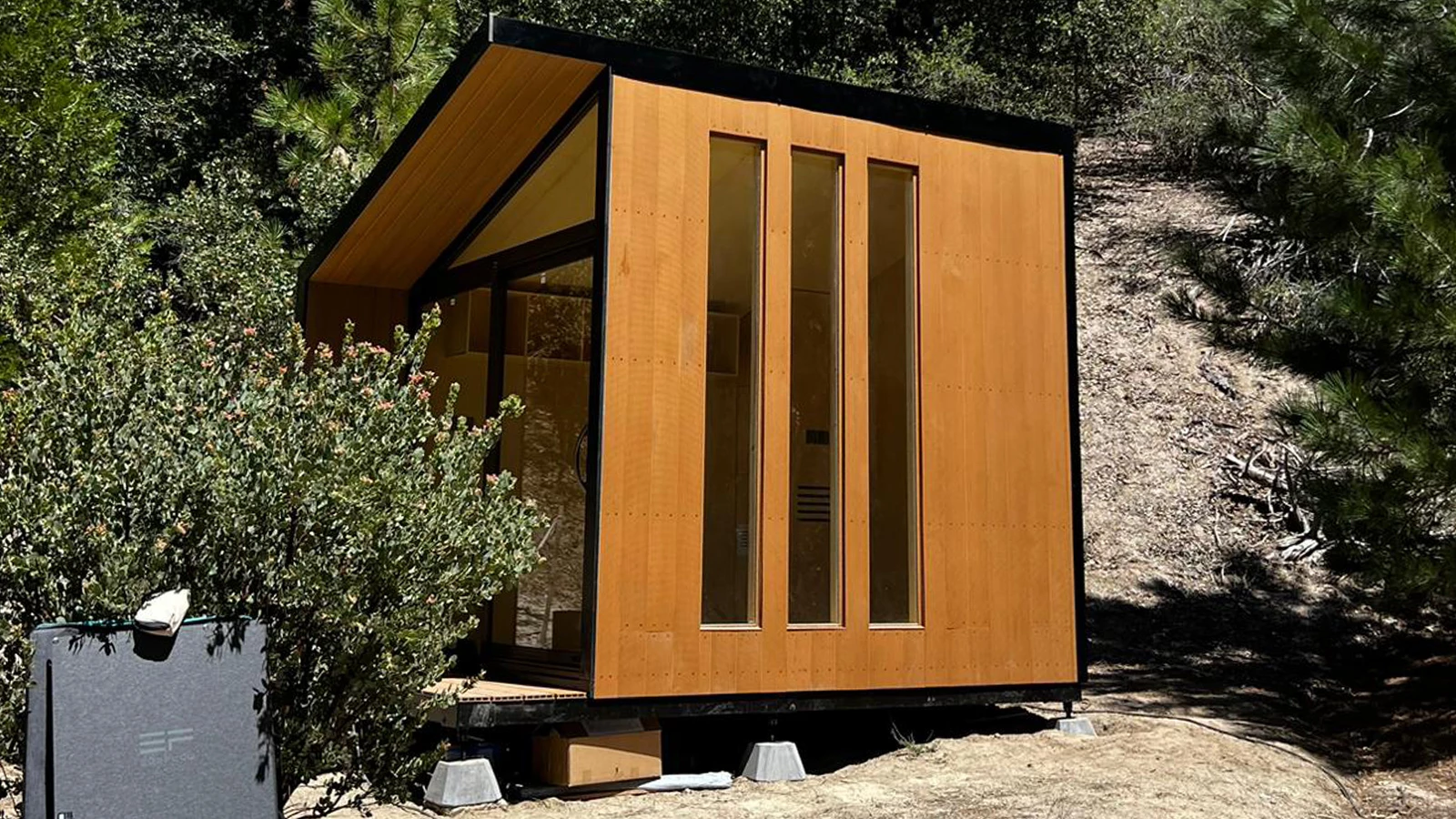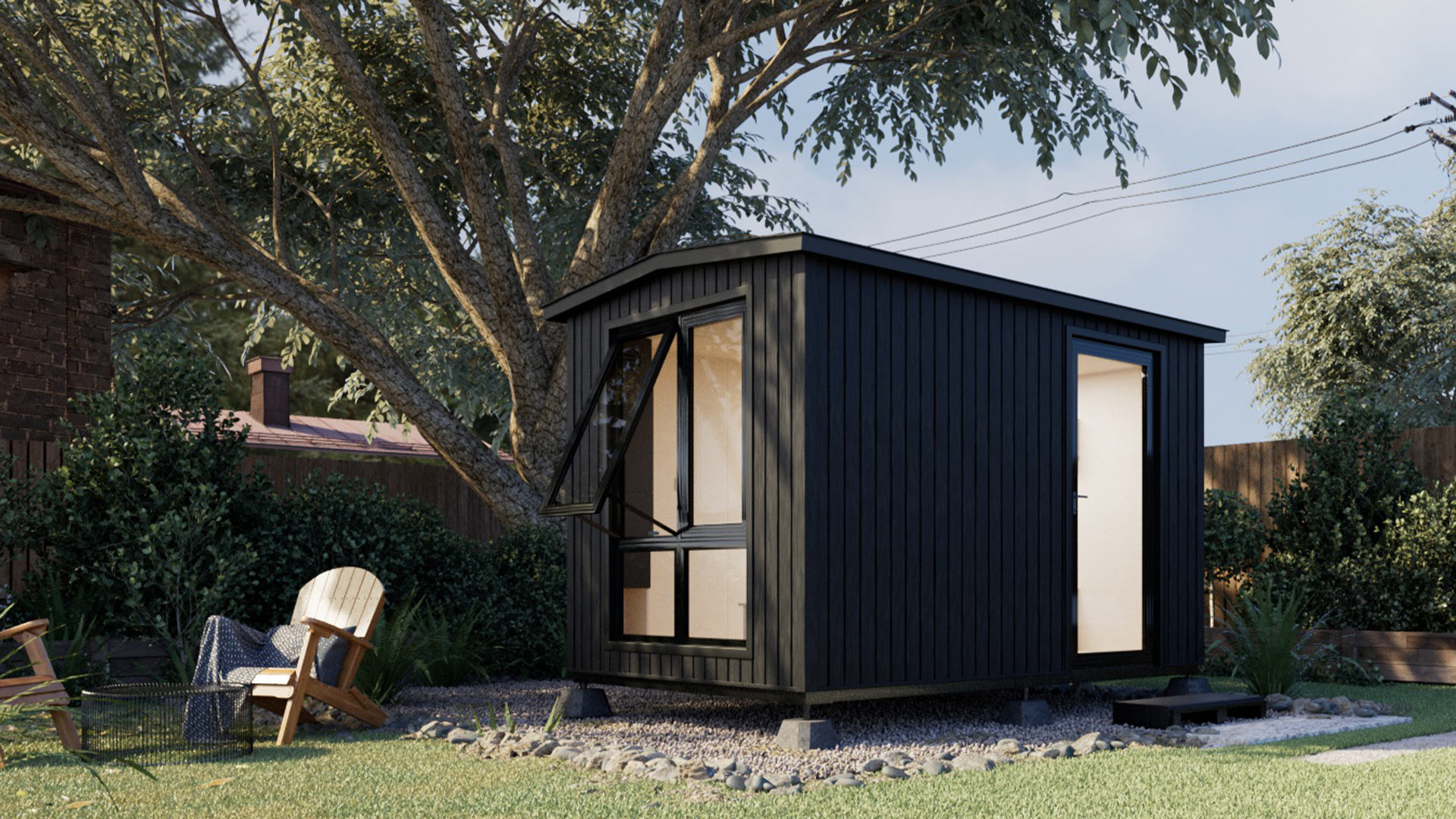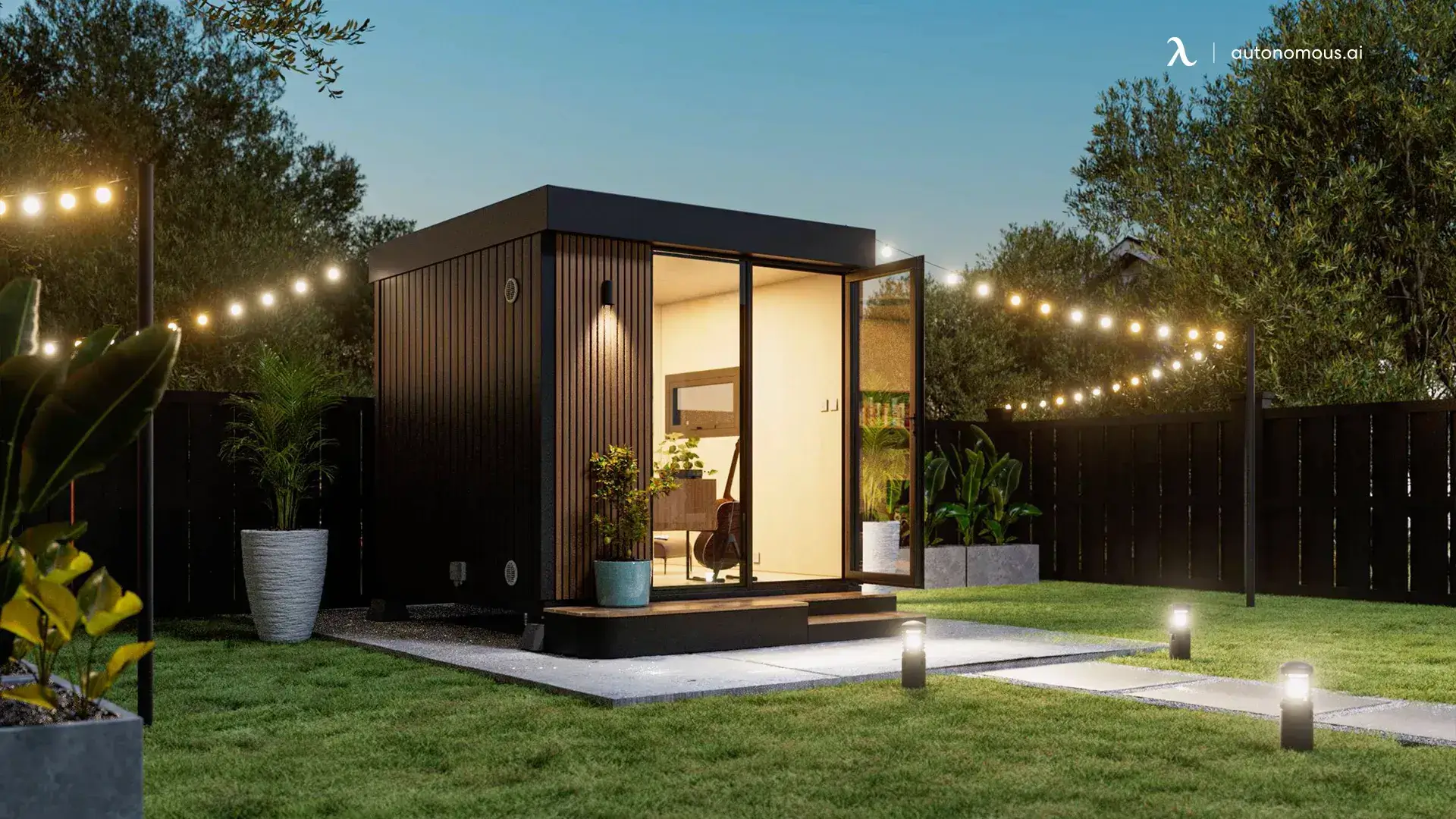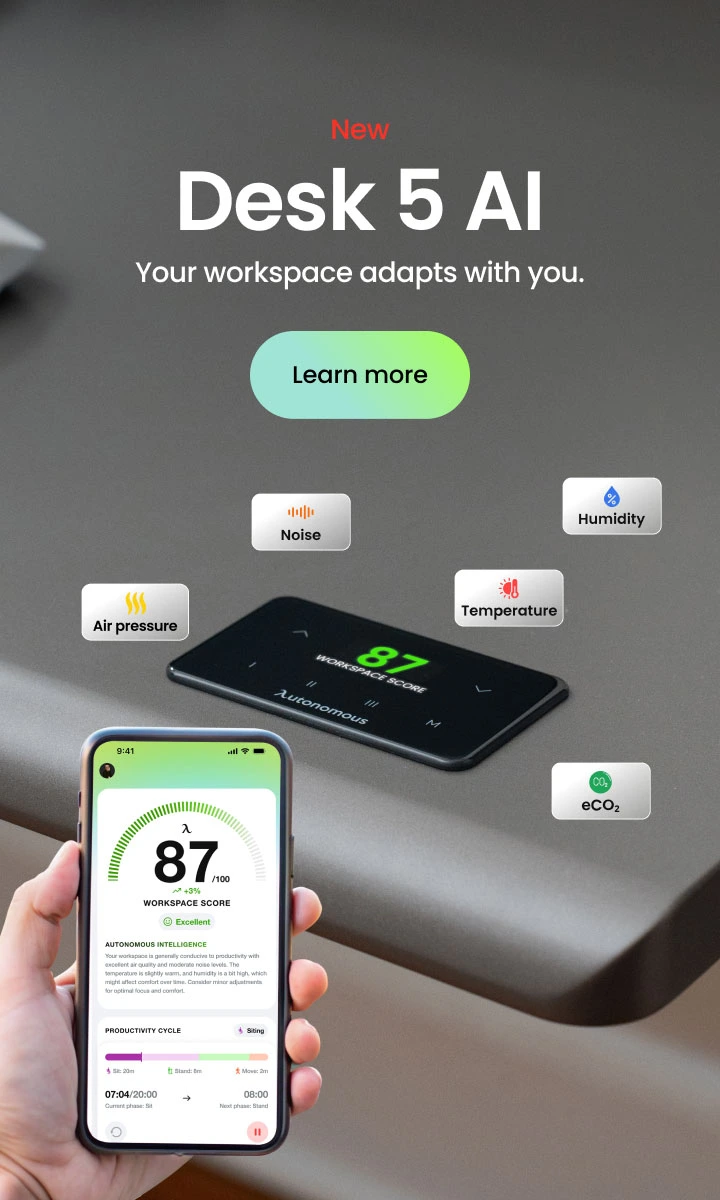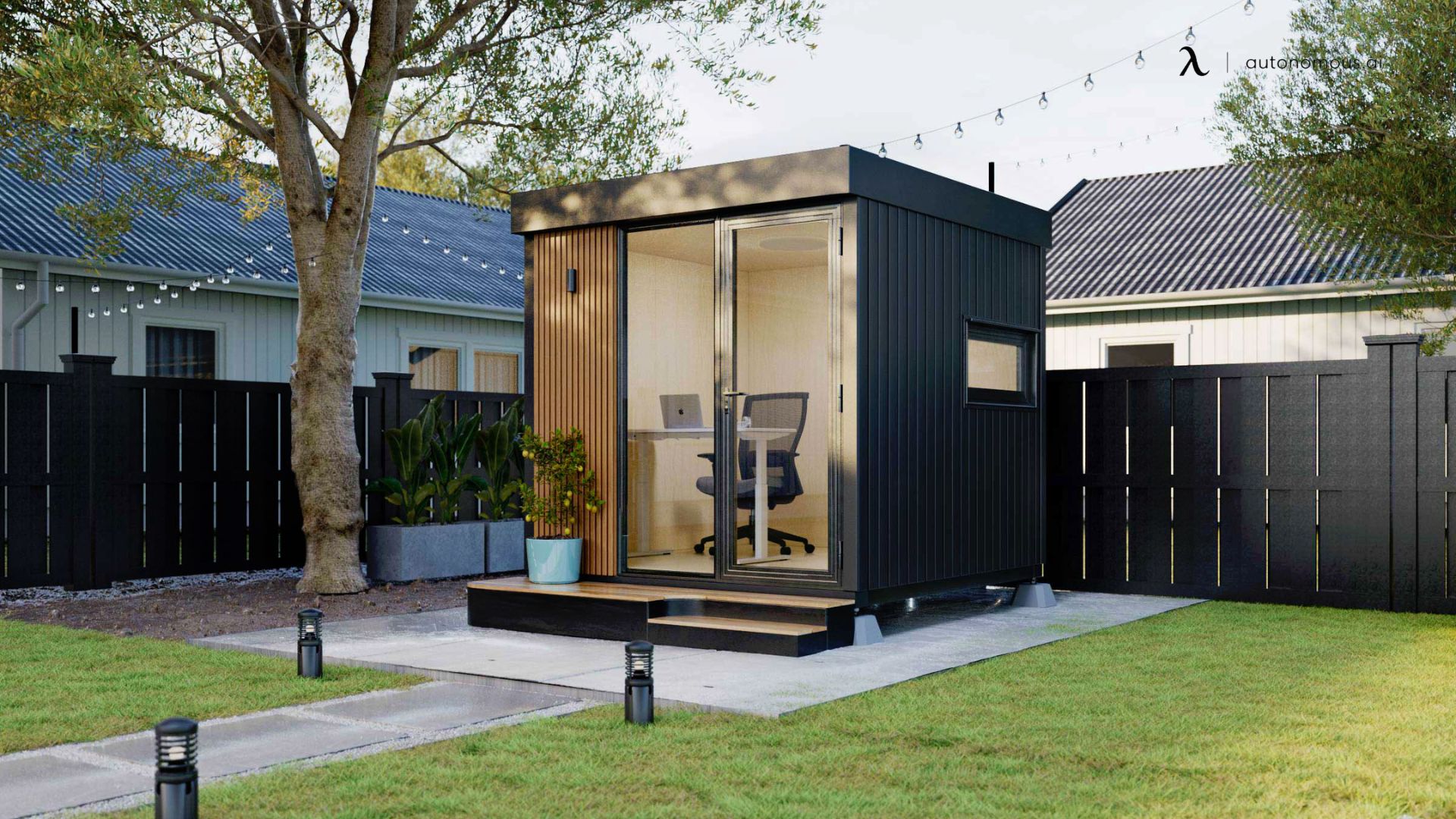
Top 10 Hurricane-Proof Modular Homes For Peace Of Mind
Table of Contents
Living in places like Florida, Texas, or the Gulf Coast means you’ve got to think differently about how you build. The storms aren’t slowing down, but that doesn’t mean you have to live in fear. With over three decades in the construction industry, I’ve seen firsthand what works and what doesn’t when the winds start howling. But the question that arises here is which modular home additions or prefab homes are ideal for a hurricane-prone state.
One thing I can tell you? Hurricane-proof modular homes are no gimmick — they’re the real deal.
In this guide, we’ll break down the top hurricane-proof modular homes that can withstand hurricane-force winds, walk you through what you need to look out for when choosing one, and answer the most common questions I hear from families looking to build smarter and safer.
What Makes A Home “Hurricane-Proof”?
Let’s be clear — no home is truly “hurricane-proof.” But good design, smart materials, and compliance with stringent codes can make a home hurricane-resistant to the point where it can stand up to Category 4 or even Category 5 storms.
Key elements include:
- Wind-resistant roof design (like hipped or round)
- Impact-rated windows and doors
- Reinforced framing systems
- Elevated foundations in flood-prone areas
- Code-compliant anchoring systems to keep the home grounded
When shopping for hurricane-proof modular homes, always look for homes built to Miami-Dade County codes — they’re among the toughest in the U.S.
.webp)
How Much Does A Hurricane-Proof House Cost?
Understanding how much hurricane-proof homes cost in general is critical when you are planning to get one.
Prices can vary widely based on size, location, and materials, but here’s a general idea:
- Small prefab homes: ~$180,000
- Mid-size homes: ~$270,000
- Large, custom builds: $300,000–$500,000+
For those specifically looking into hurricane-proof prefab homes Florida prices tend to range from $180,000 to $360,000, depending on home size, foundation type, and hurricane-rated features.
Costs rise with:
- Larger floor plans
- Multi-story designs
- Premium wind- and flood-proof features
- Difficult site prep (e.g., raising the foundation)
Pro tip: Always factor in permit fees, utility connections, and land prep into your total budget.
However, several prefab homeowners have reported that a hurricane-proof modular home costs them around $270,000. These costs are only for prefab homes. The costs for stick-built homes are different because they feature concrete and steel.
Usually, hurricane-proof modular homes in Florida prices get affected by the size of the home, floor plan, number of stories, the requirement of land preparation, foundation type, labor requirement, and the brand that you plan to choose.
For buyers in regions like California, there are also great options available at a lower price point. Here’s a list of affordable prefab homes designed with both design and durability in mind.
Laws And Building Codes: What You Need To Know
Each hurricane-prone state has its own regulations, and trust me, cutting corners will cost you more in the long run.
Florida
- Statewide Building Code (FBC)
Florida enforces a unified Building Code, based on the International Building Code (IBC), but with stringent hurricane provisions added after Hurricane Andrew in 1992.
- HVHZ Areas (Miami‑Dade & Broward Counties)
These regions are designated “High-Velocity Hurricane Zone” (HVHZ), demanding much stronger structural design: roofs, walls, doors, windows, and impact-resistant glass must meet rigorous criteria.
- Wind Load Requirements
Per FBC §1620.2, new construction in HVHZ must resist these 3-second gusts based on occupancy risk:
- Miami‑Dade: 165–195 mph depending on building risk level.
- Broward: 156–185 mph range.
These loads guide structure, cladding, and component selection.
- Impact Protection Standards
Windows, doors, and shutters must pass TAS 201/202/203 tests—a tougher benchmark than ASTM.
- Modular Homes in Florida
Factory-built modular units need a DCA insignia (Department of Community Affairs), proving they meet FBC+HVHZ rules. This includes production after March 1, 2002, and if intended for use in Broward/Miami-Dade.
- Site Install Considerations
Local inspectors ensure hurricane-proof modular homes are placed on engineered foundations, not just pads or blocks. Licensed contractors (not mobile-home crews) must perform the installation.
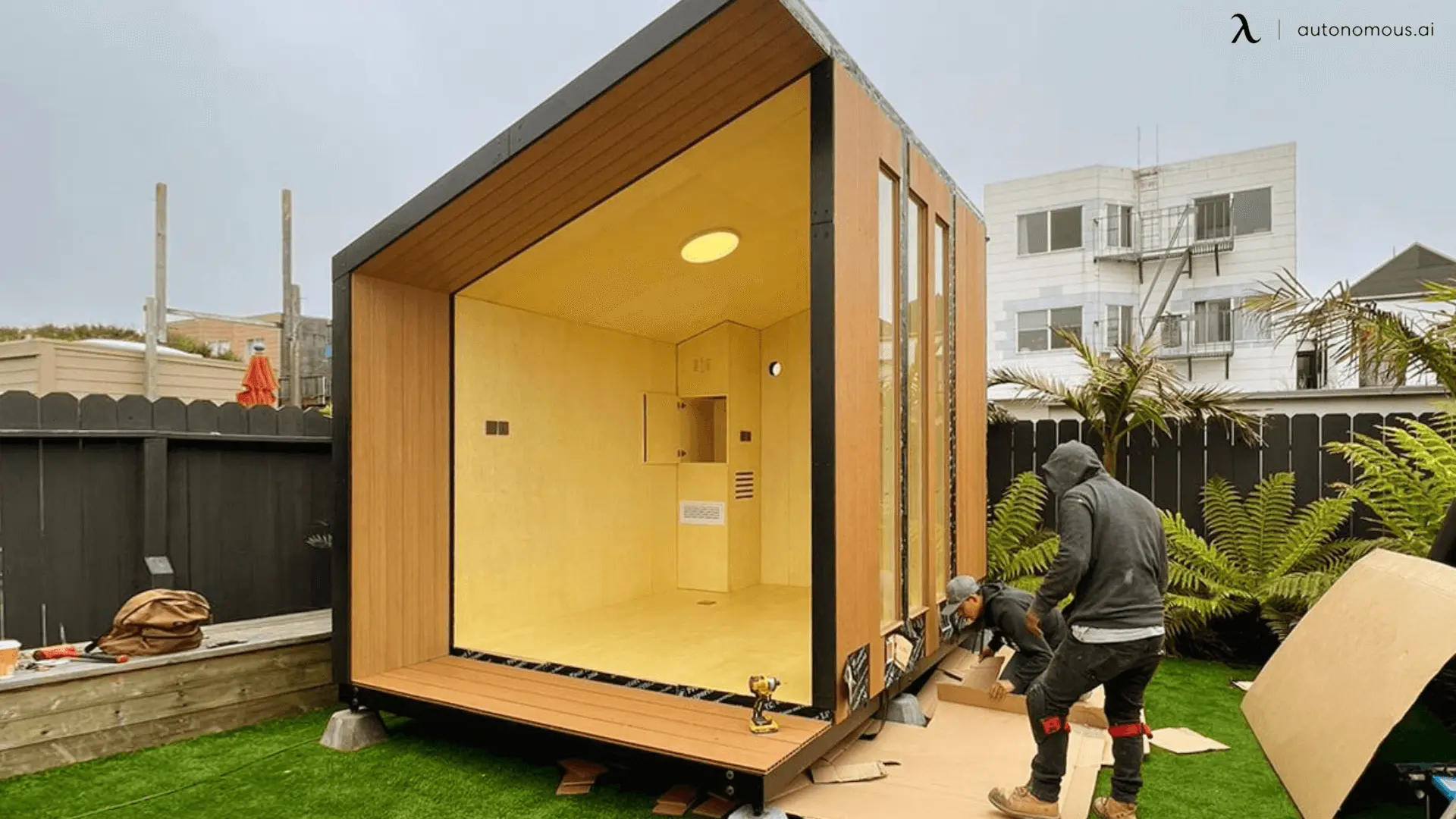
Texas
- TWIA Coverage Zones
Texas Windstorm Insurance Association (TWIA) oversees stringent construction standards for coastal areas (Aransas–Willacy counties, parts of Harris County).
- Building Code Compliance & Insurance
To qualify for TWIA insurance, homes must follow the Texas Department of Insurance-authorized windstorm codes (IRC/IBC as modified by TDI). Builders receive WPI‑8 certification upon compliance.
- Insurance Credits & Requirements
Buildings meeting current codes get premium credits. Retrofits on older homes (pre-1998 construction) that include impact protection can also qualify for credits.
- Inspection Process
Each coastal property seeking TWIA coverage must be inspected—either on-site or through high-definition aerial imagery.
- Program Limitations
Texas lacks statewide incentives for durable “Fortified” construction (unlike Florida or Alabama), though recent legislation proposals may change that.
Why This Matters When Choosing A Modular Home
Know Your Zone – Determine if your site is in HVHZ (FL) or the TWIA desert (TX). These zones decide how strong your home must be.
Ask for Documentation – Homes should come with DCA insignia (FL) or WPI-8/TDI compliance certificates (TX).
Inspect Upon Installation – Make sure anchor systems, impact-rated windows, and tie-downs match the code specifics.
Consider Insurance Benefits – Homes compliant with current wind codes often receive lower premiums or credits, offsetting initial costs.
Building in hurricane-prone zones isn't just about materials—it’s legal. In Florida, your hurricane-proof modular home must meet FBC and HVHZ code, carry a DCA insignia, and be installed by licensed professionals. In Texas, you have to satisfy TDI/TWIA standards, get inspected, and secure the WPI‑8 certificate to be insurable.
Skipping these steps can leave you unprotected and uninsurable. But follow them carefully, and you'll not only meet regulations—you'll sleep better during hurricane season, too.
.webp)
The Best 10 Hurricane-Proof Modular Homes That You Should Buy
Here are our reviews on the modular log cabins that you should buy if you live in a hurricane-prone area.
1. Modular Homes by Deltec Homes
Deltec Homes is a reliable brand that designs some of the best hurricane-proof homes. Since the company specializes in constructing homes with cone-shaped roofs, their houses can withstand strong winds and hurricanes. You can find several prefab homes by Deltec Homes, which can cost you around $250 - $500 per sq. ft.
Specifications
- Shape: cone-shaped roof and round walls.
- Design: Self-supporting roof systems with a net-zero energy supply from solar panels.
- Size: 700 sq. ft – 5,756 sq. ft.
- Price: $250 - $500 per sq. ft.
- Warranty: 10-year structural warranty.
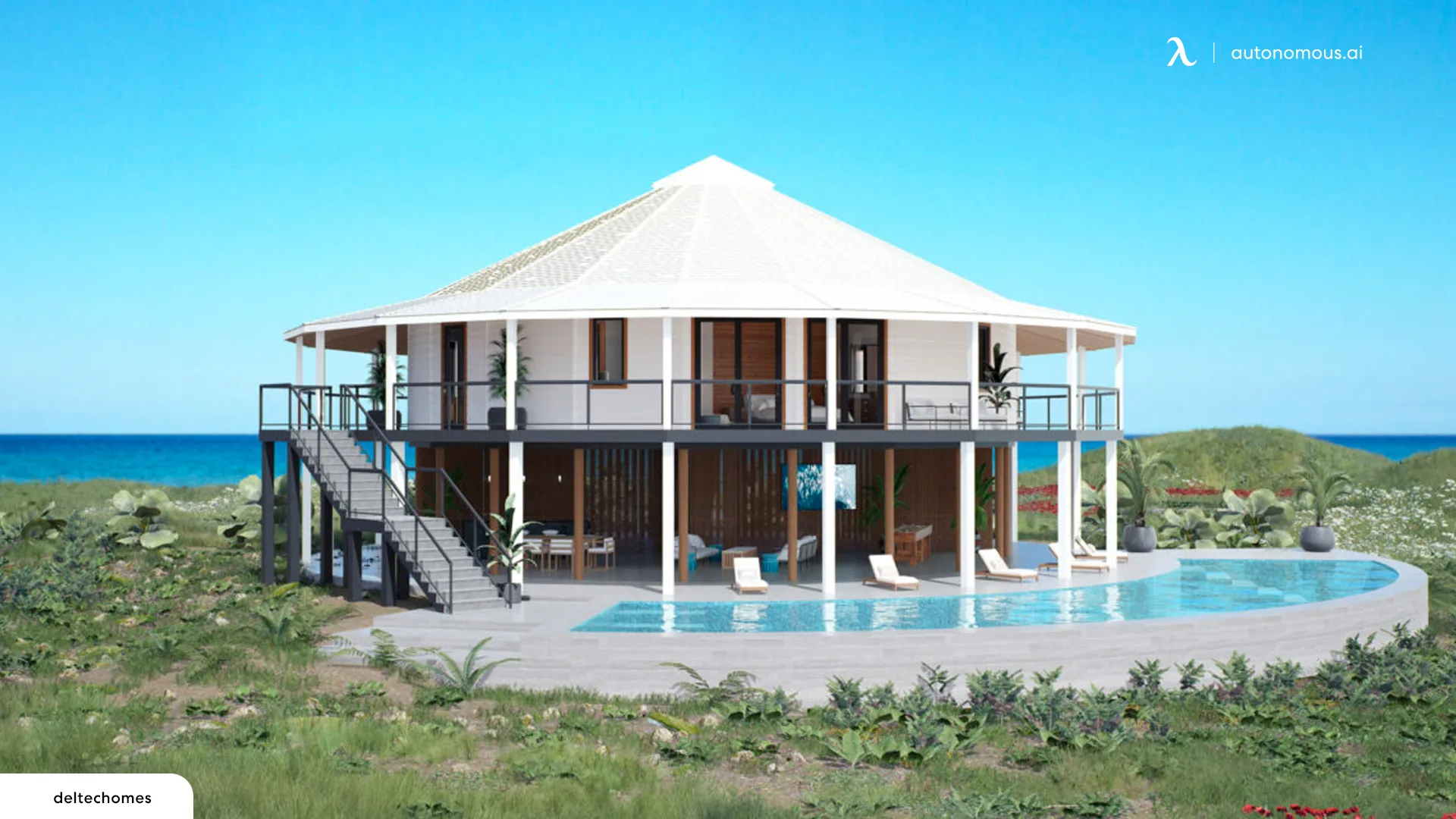
2. Autonomous ADUs
Autonomous ADUs are designed as premium backyard modular solutions that prioritize durability, smart design, and a modern aesthetic. While they aren’t meant for full-time family living, these compact structures are ideal as resilient home offices, guest studios, or personal retreats in storm-prone regions.
Built with sturdy and eco-friendly materials and minimalist construction, they’re a solid choice for those who want flexibility and peace of mind during unpredictable weather.
Specifications
- Customization: Available in three models – WorkPod Mini, WorkPod, and WorkPod Versatile.
- Design: Durable construction with airtight panels, elevated flooring, and sealed seams for added resilience.
- Size: 80 sq. ft – 105 sq. ft (depending on model).
- Price: Varies by model and interior finish; available as a furnished or unfurnished unit.
- Smart Features: Equipped with optional smart lighting, ergonomic furniture, and portable HVAC systems.
- Installation: Fast assembly on adjustable foundations; typically completed in a few days.
These compact modular units are ideal for backyard spaces where you need a quiet place to focus or relax. Whether you're setting up a modern backyard studio, planning a sleek office shed, or even dreaming of a relaxing backyard meditation room, the Autonomous lineup offers several versatile configurations.
Looking for a stylish escape or hobby zone? Some homeowners even convert these into personal retreats similar to a prefab she shed, giving you both beauty and strength in one thoughtful design.
3. Modular Homes by Ocala Custom Homes
Ocala is one of the most hurricane-prone areas in Florida. Therefore, Ocala Custom Homes manufactures hurricane-proof modular homes in Florida with the highest-grade resistance. Their modular homes can withstand grade-5 hurricanes and up to 200 mph winds.
Specifications
- Customization: customizable floor plans and finishes.
- Design: Hurricane-resistant design and impact-resistant glass.
- Size: 1,001 sq. ft – 2,085 sq. ft.
- Price: depends on the design, but the base price can be around $80 to $160 per sq. ft.
- Building Code: Design meets local building codes and regulations.
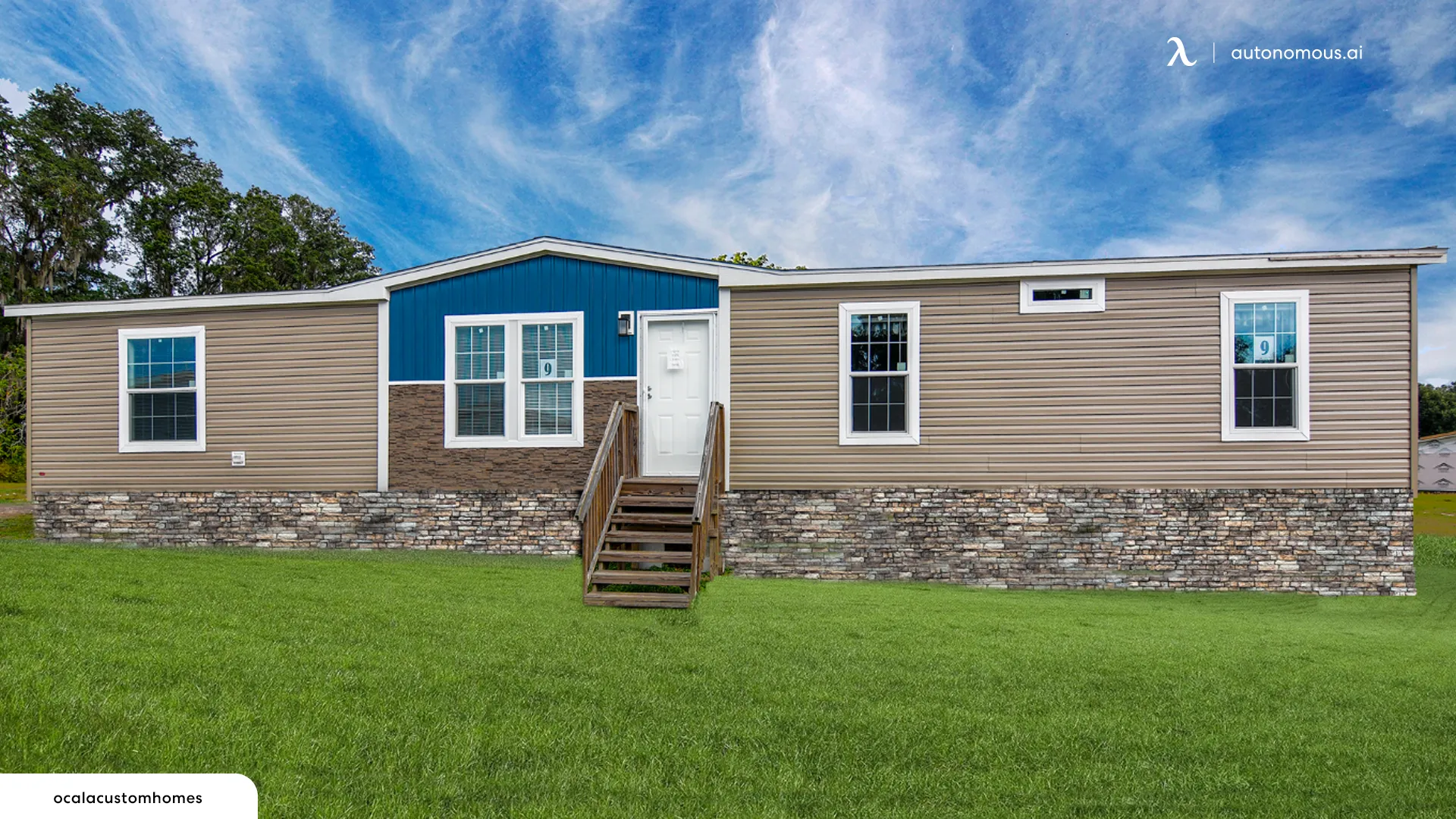
4. Prefab Houses by BAUHU
BAUHU is a hurricane-resistant prefabricated home construction company. The good thing about them is that they are a boutique provider of prefab homes, which means you can fully customize your hurricane-proof modular homes. The company ensures that the overall structure and house components are watertight and airtight.
Specifications
- Customization: Fully customizable plans are available.
- Design: Airtight and watertight with impact-resistant glass on exterior doors and windows.
- Size: 128 sq. ft – 5,543 sq. ft.
- Price: $390 - $550 per sq. ft, depending on location and land size.
- Insulation: Market-leading external wall insulation, which reduces energy costs.
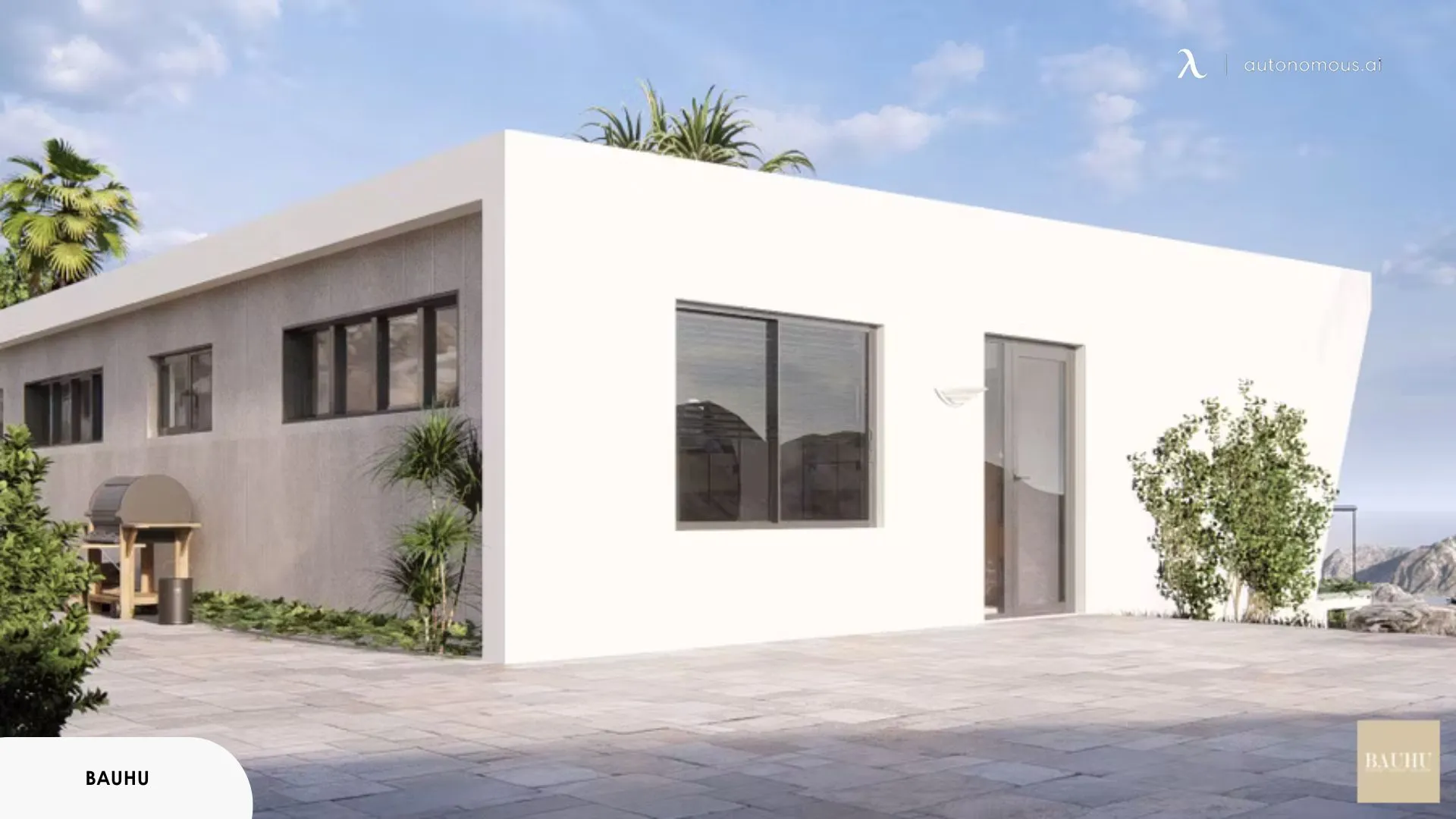
5. Prefab Homes by AbleNook
AbleNook is a modular home construction company that specializes in constructing bespoke prefab homes. You can try it if you plan to build a backyard shed house. The company designs prefab house kits that you can assemble while taking inspiration from different modular homes in California. Since AbleNook uses structural insulated panels, their prefab homes can withstand hurricanes. Some of their general specifications and pros/cons are as follows:
Specifications
- Price: Prices start at $85,000.
- Size: Size ranges from 216 sq. ft to 1,472 sq. ft.
- Insulation: Roofs, walls, and floors have structural insulated panels.
- Electricity: Integrated electrical supply is present.
- Warranty: 5-year warranty on materials and craftsmanship.
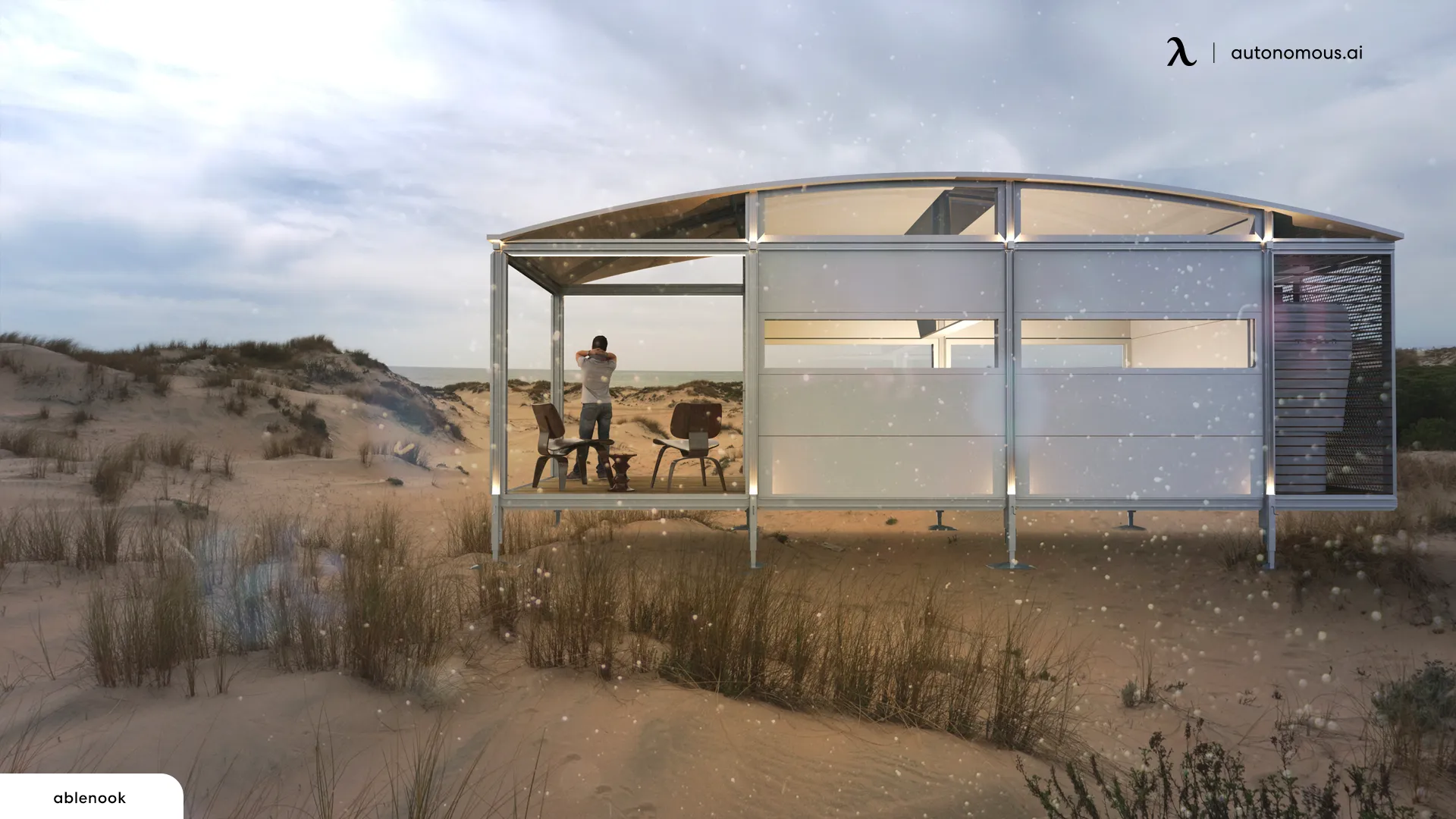
6. MicroHomes by EcoSteel
If you are looking for all-steel modular homes, try the MicroHomes by EcoSteel. These houses are hurricane-proof manufactured homes that look like modular ADUs. They have an all-steel outer shell and a raised floor, which makes them withstand heavy storms and up to 140mph winds during a hurricane. Overall, these sheds are different from common modular shed options and are FEMA Flood and hurricane-rated steel homes.
Specifications
- Size: minimum 500 sq. ft, while max. 1020 sq. ft living space.
- Price: $160,000 starting price for the primary one-bedroom + bathroom ADU.
- Insulation: premium insulated wall and floor panels.
- Assembling Time: 10 – 14 days.
- Warranty: 20-year paint warranty.
7. Prefab Homes by Bamboo Living
Bamboo Living is a prefab houses construction company that designs hurricane-proof modular homes. The good thing is that their smallest single-room prefab home is available at quite an affordable price of $11,350 but the price increases with size. This is also a great choice if you plan to build a backyard she shed.
Specifications
- Price: $11,350 - $336,550.
- Size: 100 sq. ft interior and 40 sq. ft porch – 2,766 sq. ft interior and 1,163 sq. ft porch.
- Material: Grade-A timber bamboo.
- Warranty: 20-year structural warranty.
- Floor plans: Studios, Gazebos, Resorts, Condos, Commercial, and 1 – 5-bedroom plans.
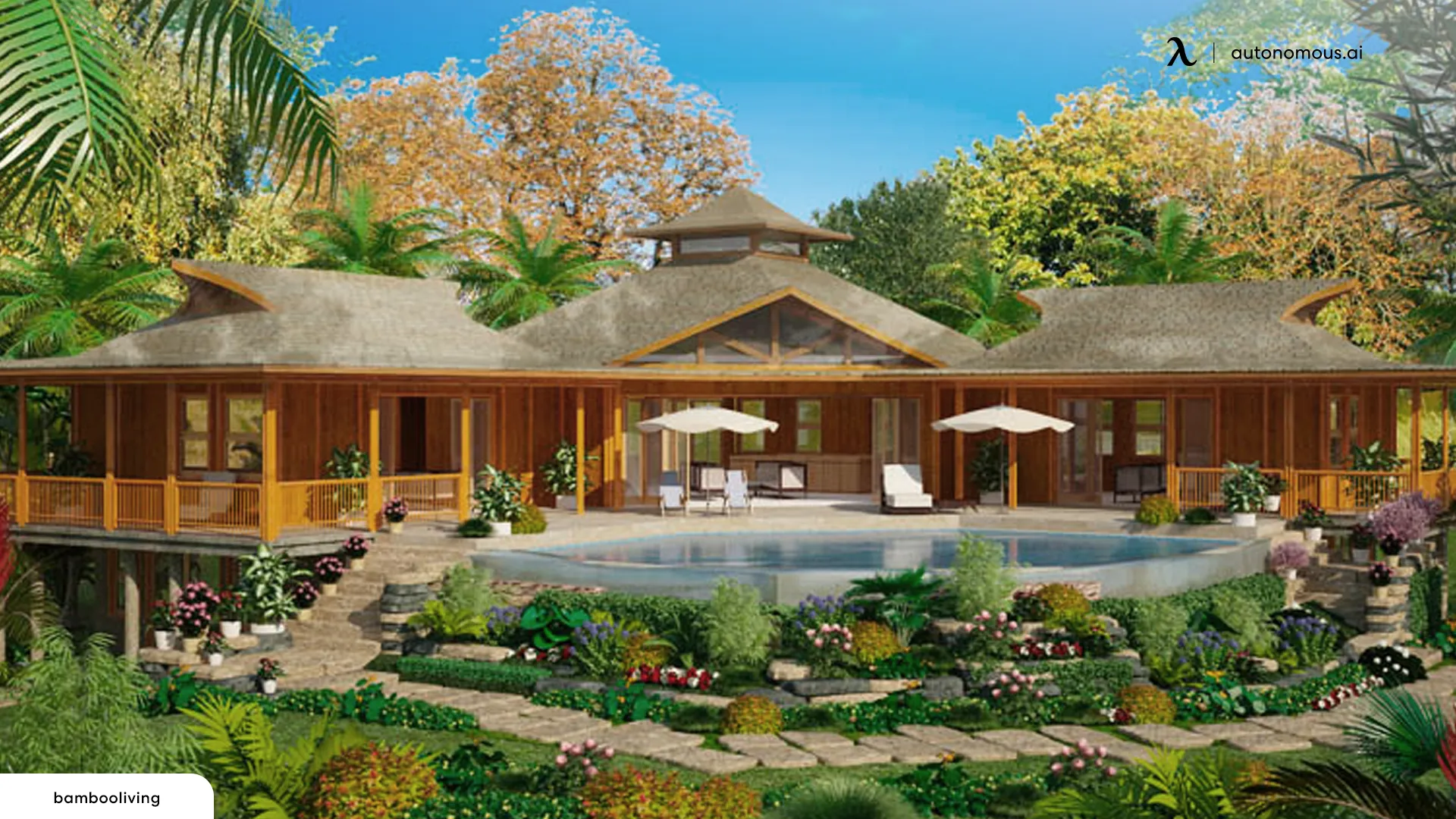
8. Topsider Homes
Topsider is one of the best prefab home builders, which builds hurricane-proof prefab houses. The company offers custom-designed homes, each with a unique design, and their houses have high resistance against earthquakes and heavy snow loads as well.
Specifications
- Price: $175 to $300 per sq. ft.
- Size: around 475 sq. ft to 9,000 sq. ft.
- Design: Contemporary, elevated & raised, luxury timber frames, octagon homes.
- Materials: laminated beams, solid timber, steel collars.
- Building Technology: Post & Beam, Panelized Construction.
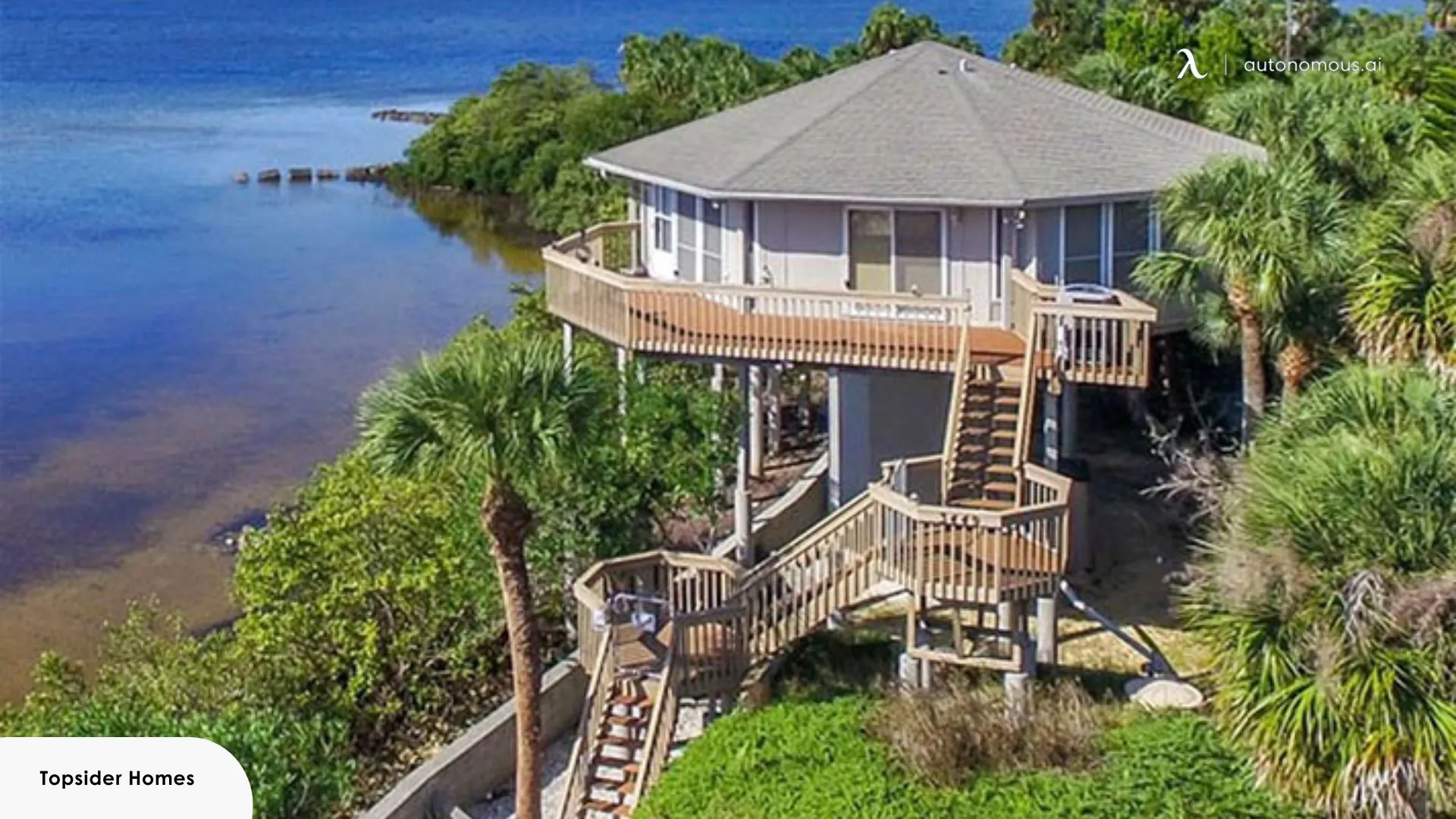
9. Florida Modular Homes
Florida Modular homes are a viable option when you are searching for prefab hurricane-proof homes in Florida. The company designs some of the most durable prefab housing solutions in the market.
Specifications
- Size: 1,620 sq. ft – 2,280 sq. ft.
- Flooring: Waterproof laminate flooring.
- Construction: steel rebar reinforcement to solid concrete stem wall foundation.
- Insulation: Superior insulation for floor, walls, and ceiling.
.webp)
10. Prefab Houses by Affinity Building Systems
Lastly, you can try Affinity Building Systems, as they construct hurricane-proof prefab homes. The good thing is you have a wide collection of prefab home ideas from this company, so you can pick the one you like the most.
Specifications
- Price: a base price of $148 - $202 per sq. ft.
- Size: 967 sq. ft and more.
- Building plans: One-story, two-story, cape collection, Cherokee rose collection, Hurricane Ian Rebuild.
- Insulation: R-30 insulation in the roof and R-19 Fiberglass insulation in the floors and walls.
- HVAC: complete HVAC system included, with an insulated duct system, boots, and registers.
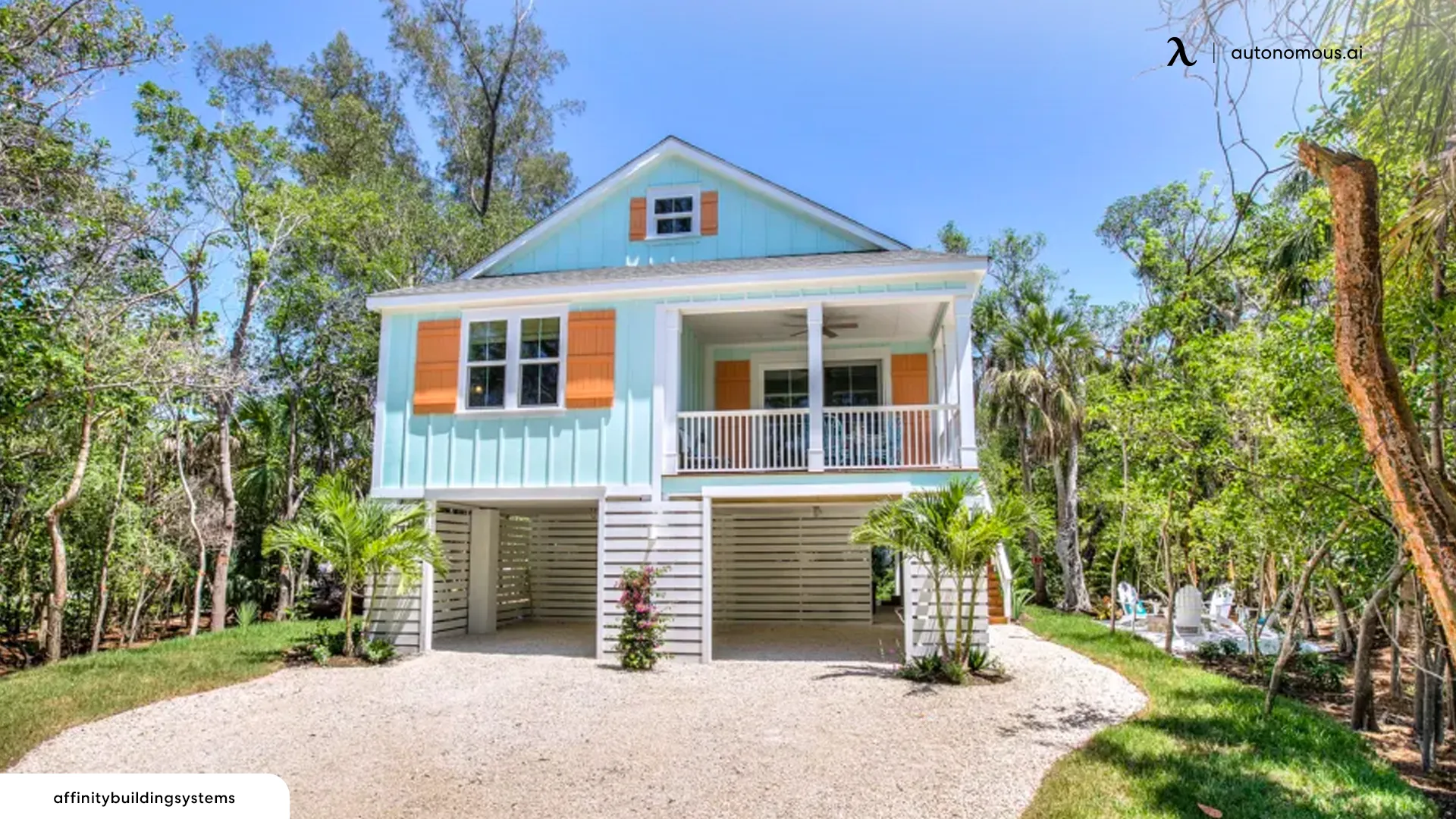
If you’re looking for something compact and resilient, several companies also offer hurricane-proof tiny house models. These smaller units may range from 200 to 600 sq. ft but still include the structural reinforcements and impact-rated features needed for high-wind zones.
Options like AbleNook, Bamboo Living, and Autonomous WorkPod Mini provide portable or eco-friendly builds ideal for off-grid living or backyard use. They're especially appealing to people who want security without sacrificing simplicity.
If you're trying to keep things affordable, some manufacturers offer modular cabins and studio sheds at a lower cost. You can even find pre-built cabins under $20,000 if you're okay with a smaller footprint and fewer upgrades.
FAQs
1. How safe is a modular home in a hurricane?
When built to the right standards, hurricane-proof modular homes can be incredibly safe in a hurricane. The key is ensuring the home meets or exceeds local wind-load codes (such as the Florida Building Code or Texas Windstorm requirements) and is properly anchored to its foundation.
Many modern hurricane-proof modular homes are engineered specifically to resist high winds and flying debris — some are even rated to withstand Category 4 or 5 hurricanes.
2. How much does a hurricane-proof modular home cost in Florida?
In Florida, the average cost for a hurricane-proof modular home ranges from $180,000 to $360,000, depending on factors like size, materials, design complexity, and foundation type.
Custom or luxury models with upgraded hurricane features can cost more. Be sure to factor in land preparation and permitting costs, too.
3. What kind of house can withstand a Category 5 hurricane?
Homes that can withstand Category 5 hurricanes are typically built with reinforced concrete, impact-rated windows, metal roofs, and engineered anchoring systems. Dome-shaped homes and round or low-profile structures (like those from Deltec or AiDomes) are particularly wind-resistant.
Elevated homes with hurricane strapping and sealed building envelopes also stand a much better chance of survival.
4. Can modular homes survive a hurricane?
Yes — hurricane-proof modular homes can survive hurricanes if they’re built right. Many modular home builders design specifically for hurricane-prone areas. Homes that meet local wind zone requirements, use impact-rated materials, and are properly installed on approved foundations have survived major storms like Hurricane Ian and Irma with little to no damage.
5. Do I need insurance for a hurricane-proof modular home?
Yes. Even with top-tier construction, natural disasters are unpredictable. Windstorm and flood insurance are essential, especially in coastal zones. Hurricane-proof modular homes that meet modern wind and impact codes often qualify for reduced premiums or insurance credits.
6. Are hurricane-proof homes more expensive?
Generally, yes — but not dramatically. Hurricane-resistant materials and design features add to the initial cost, but they can save you significantly in the long run by minimizing damage, reducing insurance premiums, and increasing resale value.
7. Do I need a permit for modular homes in Florida and Texas?
Absolutely. Both states require permits for modular home placement and utility hookup. In Florida, you’ll also need a DCA insignia for factory-built homes. In Texas, homes must be certified under TWIA standards if you want windstorm insurance coverage.
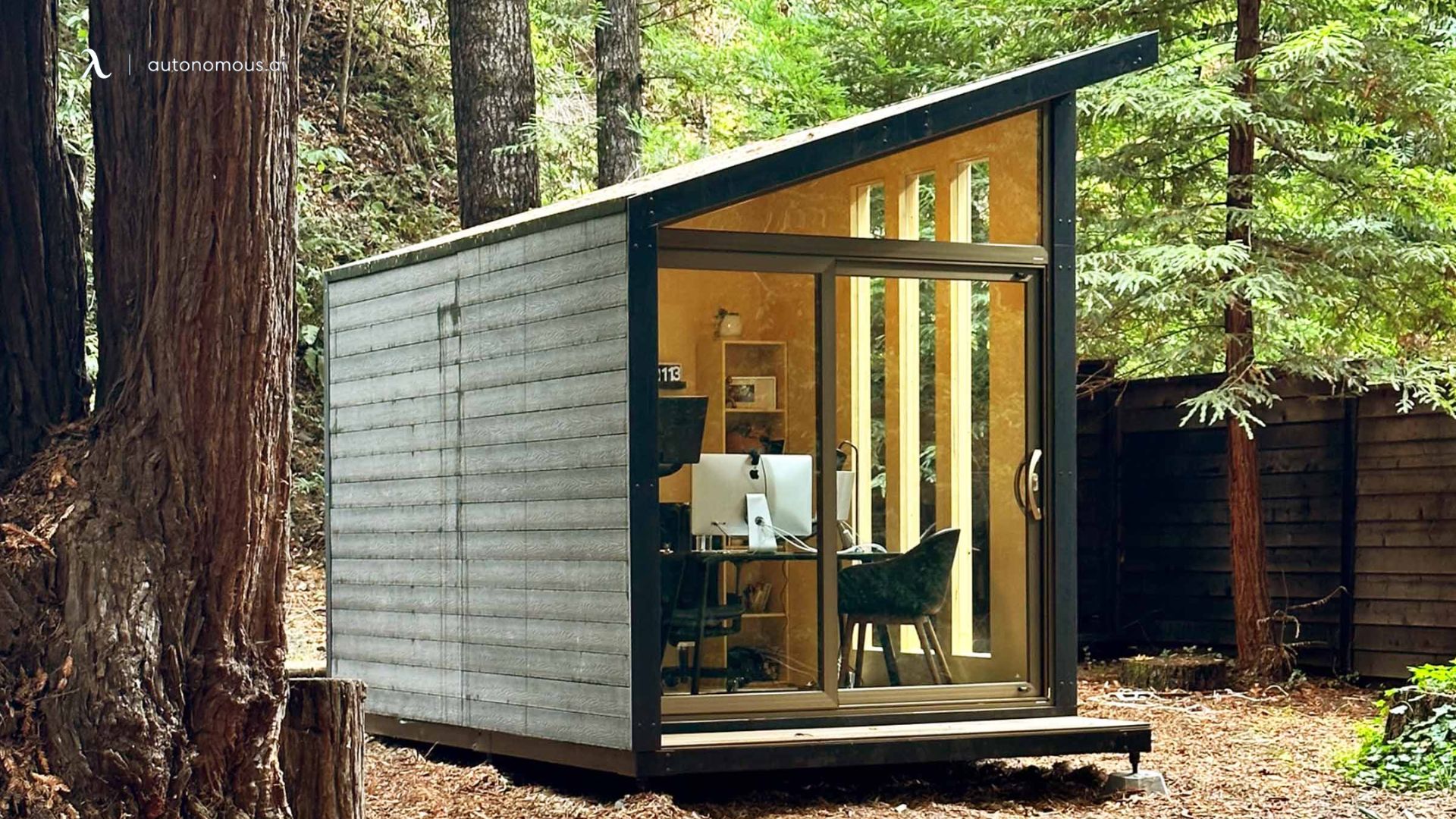
Final Thoughts
For anyone needing a workspace outside the main home, a backyard office shed can double as a storm-resistant ADU. These modular solutions are ideal for remote workers or creative professionals who want peace of mind when the weather turns rough.
The best hurricane-proof modular homes combine smart engineering, compliant construction, and local know-how. Whether you’re a first-time buyer or a seasoned homeowner, the key is preparation. You don’t need to live in fear, but you do need to build for it.
Let’s build smarter, safer homes — and weather the next storm like pros.
Spread the word
.svg)

